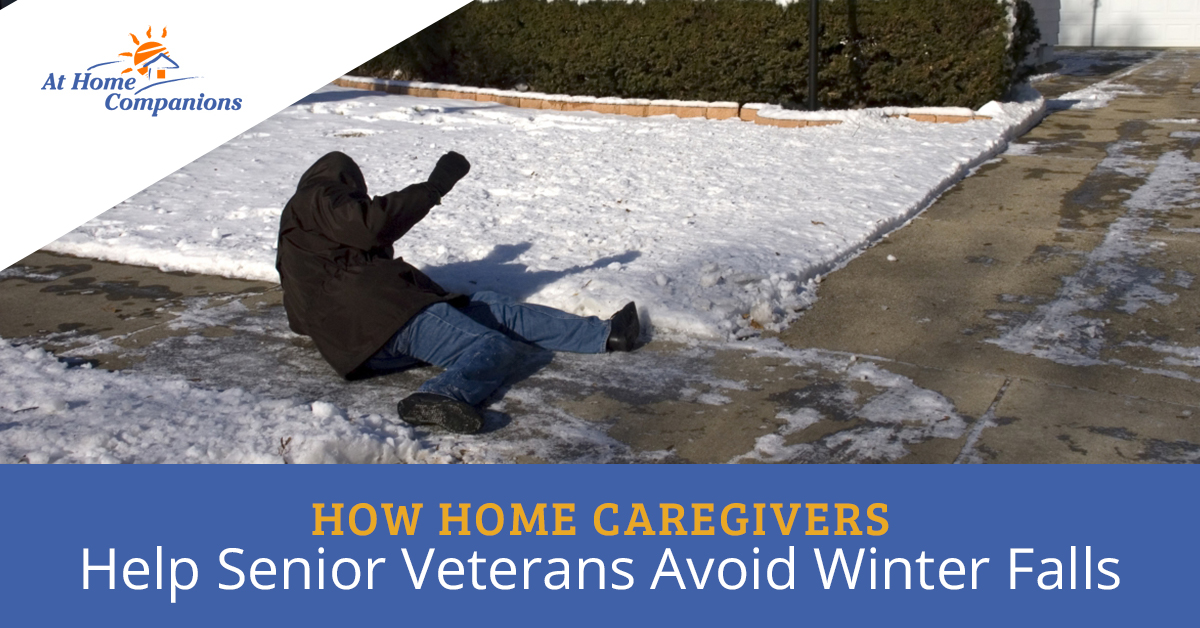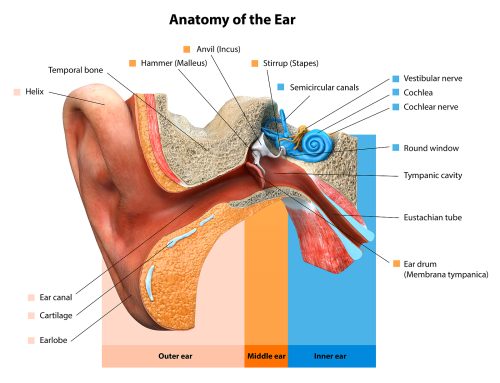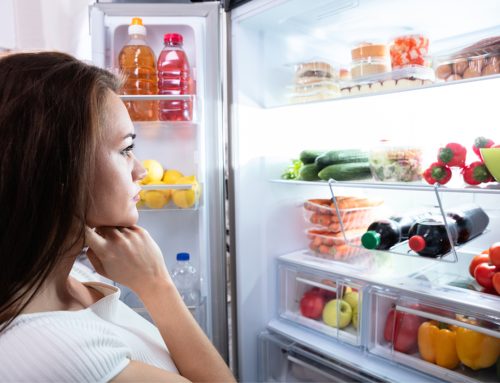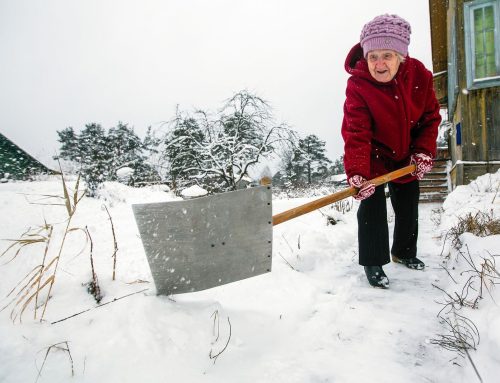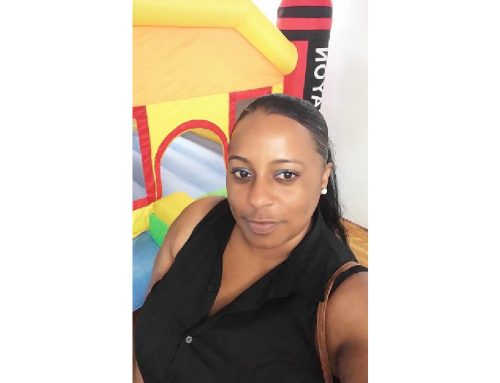Falls are a common problem among seniors that has much more severe consequences than falls in younger people. A simple trip over a rug may lead to an elderly person laying in agony, alone, for hours before receiving help that results in a hip replacement. As age increases, as does risk for falling as well as the likelihood that it will be problematic. As we age, our eyesight, hearing, muscle tone, bone density and reflexes all tend to deteriorate — which is easily amplified in Veterans — which not only lead to falls but also lead to severe injury as a result of the fall. At At Home Companions, we take senior care seriously and preventing falls is one of our main focus points. Here is just a short list of some of the ways that our in-home companions help Veterans avoid winter falls.
Improve Safety Around the House
During a simple home evaluation, our home health companions will identify fall hazards in and around your Veteran’s house and correct or recommend fixes for the problem areas. This may be as simple as securing loose rugs or recommending a leaky faucet be fixed. Other recommendations may include installing a bench and a handlebar in the shower, tightening guard rail screws, and replacing light bulbs. Day to day, an in-home companion can make sure that the route to and from routinely visited areas, such as from the bed to the bathroom, are clear and assistive devices and shoes or slippers are within reach.

Help With Medications
Medications are a significant source of falls in the elderly. Some medications can alter the way a person feels, can affect balance, and can affect perception. An in-home companion can assess the medications that your Veteran is taking and how it may affect the way they feel and behave to help prevent falls. For instance, blood pressure and diabetic medications can make people feel dizzy and alter vision of the wrong doses are taken. In-home care personnel can help ensure the right medications are taken at the right time and monitor the effects.
Promote Physical Activity
Sedentary seniors are at a greater risk of losing muscle tone and bone density. In-home care can offer companionship to get up and out and be more active, or can incorporate therapies to rebuild lost strength and flexibility. If your Veteran is leading a sedentary lifestyle, many problems and complications can arise that will make day to day tasks increasingly more difficult. A good senior in home care program can help keep up the activity levels in your Veteran which will help them be more confident, mobile, and reduce injury.
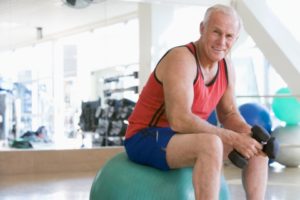
Winter Assistance
Wintertime in New Jersey is an especially dangerous time of year in terms of weather related falls. Ice and snow make even a simple trip a dangerous one! If your Veteran requires the use of an assistive device such as a walker or a cane, winter is not the time to be leaving it behind! An in-home companion can make sure that they use every precaution to be safe this winter including wearing proper footwear and using assistive devices, as well as using the safest routes and watching for wet spots inside buildings.
One in three senior Veterans fall each year, resulting in injuries that further complicate life. Help keep your Veteran safe this winter and all year round with the help of Veterans home care in Hackensack. If you are looking for home health in Bergen County, look no further than At Home Companions! Our staff can help prevent falls by doing an in-home assessment, assisting with medications, keeping your Veteran active, and taking extra precautions in dangerous winter weather. Call our compassionate staff to get your consultation scheduled now!

